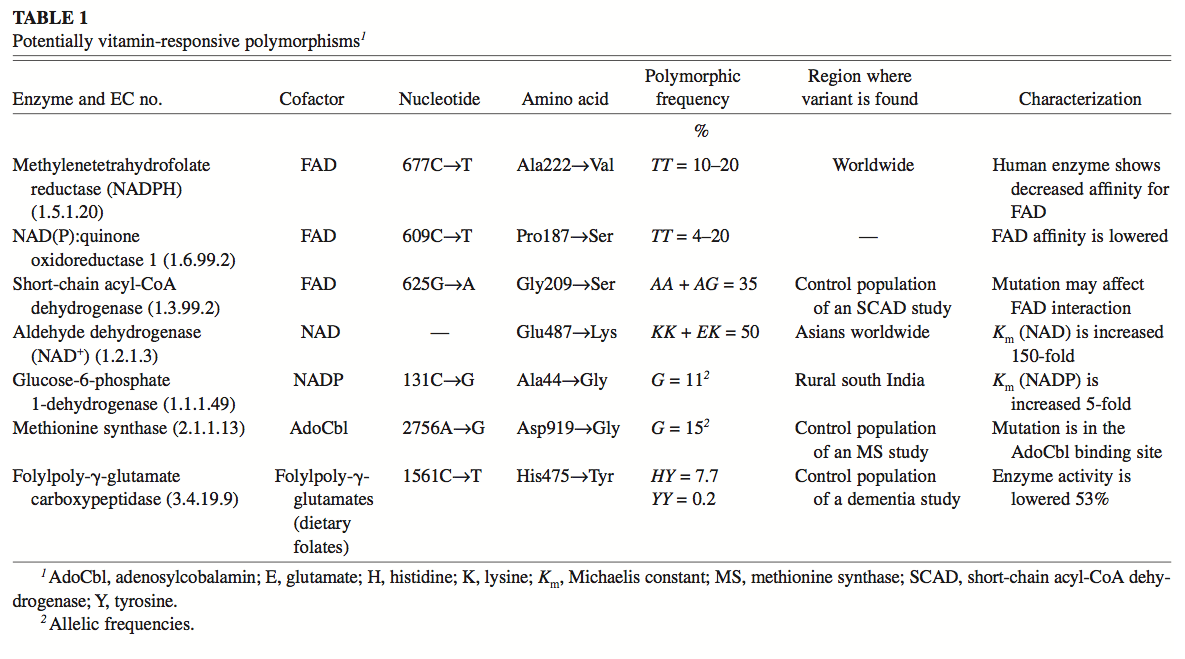Gondwanaland
Senior Member
- Messages
- 5,095
In the case of B2 I have gathered the following:It shouldn't be creating a B1 deficiency then, but maybe someone else will know more.
- B2 speeds up MAO and will cause fast serotonin breakdown - this has been true for both DH and I - he is - MAO-A and I am +/+ MAO-A
- B2 promotes T4 synthesis, and lack of appropriate amounts of Selneium will impair conversion to T3, resulting in hypothyrodism
- successful B2 supplementation needs lots of minerals to work (iron, copper manganese, magnesium, selenium, potassium) esp. due to stimulation of RBC synthesis
I had to start an anti-depressant while on B2 and L-T4, which later I was able to ditch by replacing all of them with T4+T3.
Thyroid hormones, serotonin and mood: of synergy and significance in the adult brain
The use of thyroid hormones as an effective adjunct treatment for affective disorders has been studied over the past three decades and has been confirmed repeatedly. Interaction of the thyroid and monoamine neurotransmitter systems has been suggested as a potential underlying mechanism of action. While catecholamine and thyroid interrelationships have been reviewed in detail, the serotonin system has been relatively neglected. Thus, the goal of this article is to review the literature on the relationships between thyroid hormones and the brain serotonin (5-HT) system, limited to studies in adult humans and adult animals. In humans, neuroendocrine challenge studies in hypothyroid patients have shown a reduced 5- HT responsiveness that is reversible with thyroid replacement therapy.
http://www.ncbi.nlm.nih.gov/pubmed/15235525
after four to six weeks of inefficient tricyclic or serotoninergic treatment on a correct dosage testified by plasmatic dosages, it is recommended to initiate a T3 treatment
The comment about B1 (from page 6 of this very thread) says
From a thiamine thread:I am relatively new to this thread and it has grown so fast in just a day!
I found this link useful and the sections 'Nutrient Interactions, B-complex vitamins' and Deficiency interesting. For you, symptoms of riboflavin deficiency include "sore throat, redness and swelling of the lining of the mouth and throat, cracks or sores on the outsides of the lips (cheliosis) and at the corners of the mouth (angular stomatitis), inflammation and redness of the tongue (magenta tongue)......". I think I recall that Freddd reported that AMP relieved his symptoms of cheliosis but maybe it was the B2 and not B12???
I found this interesting also, "The conversion of riboflavin into FAD and FMN is impaired in hypothyroidism and adrenal insufficiency.."
I found this to be a very good general read.
http://lpi.oregonstate.edu/infocenter/vitamins/riboflavin/
another general site (http://whfoods.org/genpage.php?tname=nutrient&dbid=93) states that "Many of the early-stage deficiency symptoms for riboflavin involve eye-related problems. These problems include excessive sensitivity to light, tearing, burning and itching in and around the eyes, and loss of clear vision." Im not sure if this is your experience of inflammation or not,
The same site states:
How do other nutrients interact with vitamin B2?
Vitamin B2 status is strongly affected by intake of vitamin B1. Adequate supplies of vitamin B1 can help increase levels of vitamin B2. However, very high levels of vitamin B1 intake can increase the loss of vitamin B2 in the urine. Other nutrients, especially iron, zinc, folate, vitamin B3 and vitamin B12 are not fully available in the body without adequate supplies of riboflavin.
It goes on to say about B1 "What events can indicate a need for more foods high in vitamin B1?
Loss of appetite
"Pins and needles" sensations
Feeling of numbness, especially in the legs
Muscle tenderness, particularly in the calf muscles (...)
Some of us have wondered why initial positive results boomeranged with higher doses, that perhaps it could be depletion of some nutrient, mineral or other vitamin.
Usual suspects: other b vitamins (too much of one depletes others).
Unusual suspect: manganese (I read in an old Mindell book about supplements that manganese worked with thiamine to produce an enzyme that aids thyroxin production). Note: I'm hypothyroid and crashed with excess thiamine and wonder if others that crashed suffer from low thyroid as well? (...)

